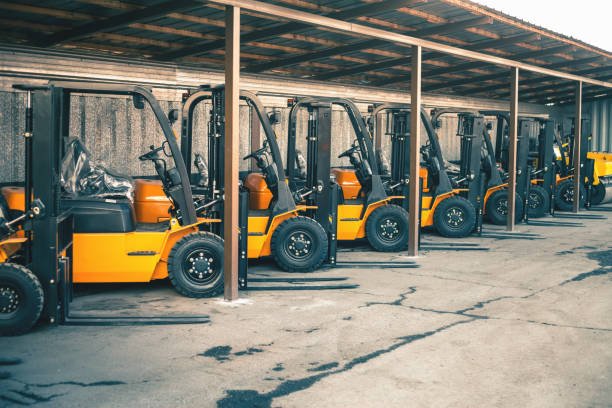Optimizing Forklift Uptime: Maintenance Tips
Proper forklift maintenance is crucial for ensuring reliable operation and maximizing equipment uptime. By following a structured maintenance schedule, businesses can prevent unexpected breakdowns, reduce repair costs, and improve overall productivity.
Regular inspections, lubrication, and timely component replacements are essential for maintaining forklift performance and safety. This includes checking fluid levels, inspecting wear parts, and addressing any emerging issues promptly to avoid more significant problems down the line.
Diagnosing and Troubleshooting Forklift Issues
When a forklift experiences mechanical problems, it's important to have a skilled technician perform a thorough diagnosis to identify the root cause. This involves systematically examining the various systems, such as the engine, transmission, and hydraulics, to pinpoint the specific issue.
By leveraging their expertise and using advanced diagnostic tools, forklift technicians can quickly isolate the problem and recommend the appropriate repair or replacement solution. This helps minimize downtime and ensures the forklift is restored to optimal working condition.
Selecting the Right Forklift Parts and Accessories
Choosing the correct replacement parts and accessories for a forklift is crucial for maintaining its performance and safety. Factors such as the forklift model, age, and usage conditions should be considered when sourcing parts.
Utilizing genuine manufacturer parts or high-quality aftermarket alternatives can help extend the lifespan of the forklift and ensure compatibility with its systems. Consulting with a forklift repair specialist can also provide guidance on the most suitable parts and accessories for specific application needs.
Enhancing Forklift Operator Safety
Prioritizing forklift operator safety is essential for protecting both personnel and equipment. Comprehensive training programs that cover the proper operation, load handling, and safety protocols can help reduce the risk of accidents and minimize the potential for costly damages.
Regular refresher training, as well as ongoing monitoring and feedback, can further reinforce safe operating practices. Additionally, implementing robust safety features, such as advanced stability control systems and visibility enhancements, can contribute to a safer work environment for forklift operators.




